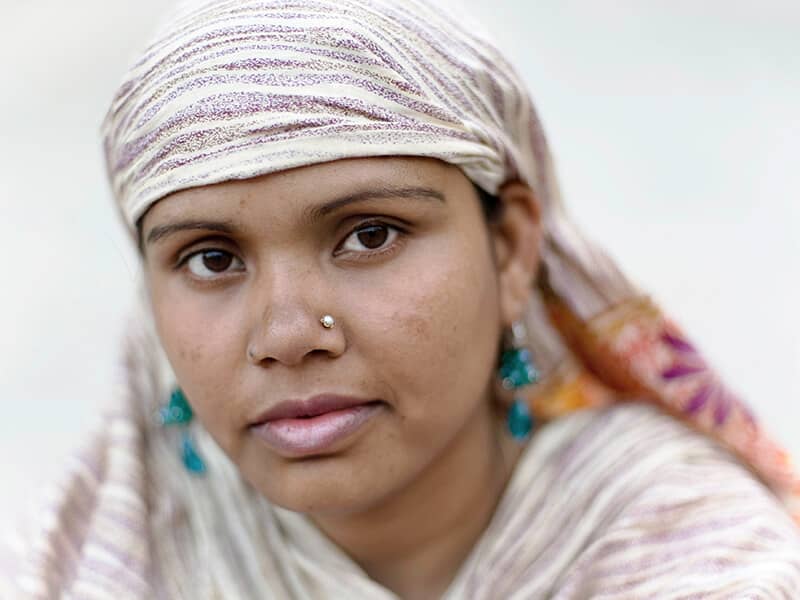"They all want to speak with me," he said. They all want to know about their fate and when they might go home, added the U.S. Navy chaplain, who has been assigned to minister to their spiritual needs. "I don't have any answer for them."
A lifelong practicing Muslim, the soft-spoken Saiful-Islam, 39, is a Bangladeshi immigrant who came to the United States nine years ago and now is navigating uncharted waters and juggling complicated loyalties in a demanding and high-profile task.
Sometimes he laughs uncomfortably when journalists question him. Sometimes he looks bewildered. But mostly he's a busy man, trying to soothe Muslim sensitivities over the conditions under which the captives from Osama bin Laden's al-Qaida terrorist network and the Taliban militia are being held.
As a U.S. military chaplain - one of only 14 Muslim clerics in the American armed forces - his contacts with prisoners are governed by the same confidentiality as that of a priest, minister or rabbi.
An imam, or prayer leader, by training, Saiful-Islam also functions as a muezzin, chanting the call to prayer using a public-address system at Camp X-Ray. He has recorded the prayer for broadcast over the system five times a day.
Saiful-Islam has emerged as something of an advocate for the detainees, arguing that the military can safeguard its soldiers while adding a few amenities of everyday Islamic life for the detainees. Soon, he said, traditional white knit skullcaps will arrive for the captives to top off their orange jumpsuits.
Still undecided: whether the detainees will be able to grow back their traditional beards. Their hair was shorn against disease as they left Kandahar, Afghanistan, but the Marine general in charge of the project said there were no plans to shave them again.
Saiful-Islam has ordered copies of the Muslim holy book, the Koran, in Urdu, a language of Afghanistan and Pakistan, plus large-type Arabic copies for those with bad eyesight or those who read at the level of elementary schoolchildren. "These things are hard to find in America, and Gitmo (military slang for Guantanamo) is far, far away," said Saiful-Islam, a husband and father of a nearly 2-year-old daughter back home in California.
Until he emerged as the chaplain of choice for this delicate assignment, he was the only Muslim cleric assigned to a Marine Corps base, at Camp Pendleton, Calif. Military recruiters building a Muslim chaplains corps spotted Saiful-Islam in 1993, while he was an enlisted man working as a payroll clerk in the Pentagon and studying part time to become an imam.
"I, of course, don't agree with their cause," he said, "and neither does the religion Islam."
Conversations between the cleric and the captives have taken place, one on one, in his native Bengali and Urdu. Others require the services of Arabic interpreters, also U.S. military men in battle dress uniforms.
After several days of four- and five-hour shifts in the camp, hearing the prisoners' requests, he said exchanges had not dipped deeply into the doctrinal.
So far none of them have asked him how a practicing Muslim also can wear the uniform of the U.S. armed forces. It was a question he had expected. Instead, he said with surprise, "They all want to speak with me. They all raise their hands" to catch the attention of the American government's designated spiritual leader.
"If they don't trust me with their needs, they don't get it," he said, with a sigh. "I wish I had more time."

